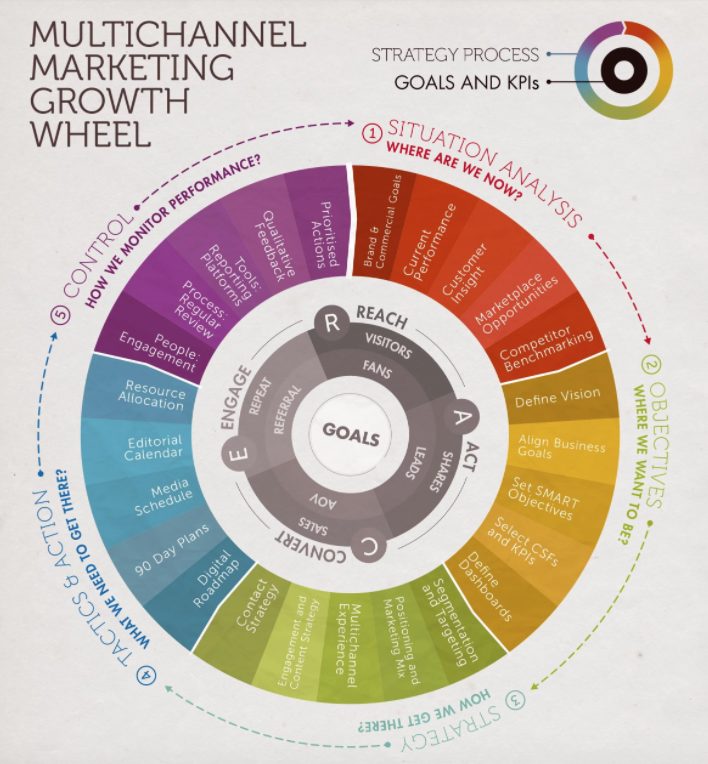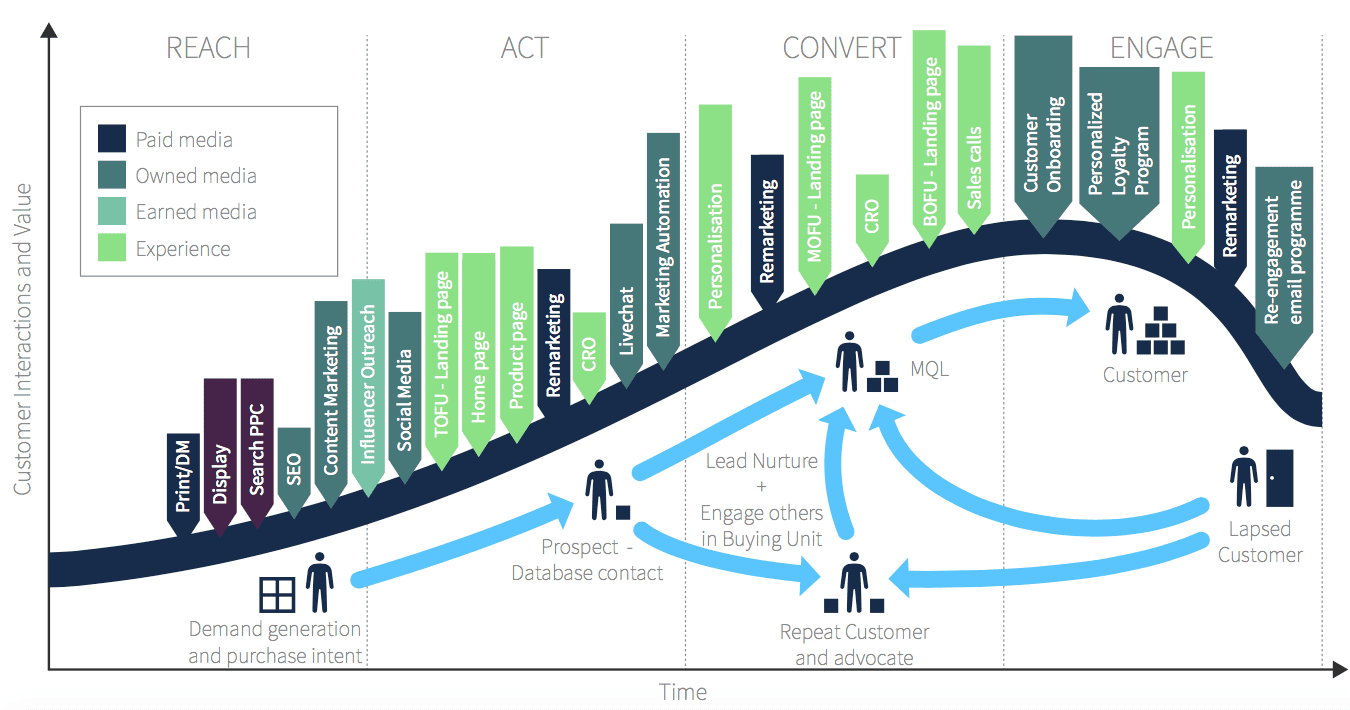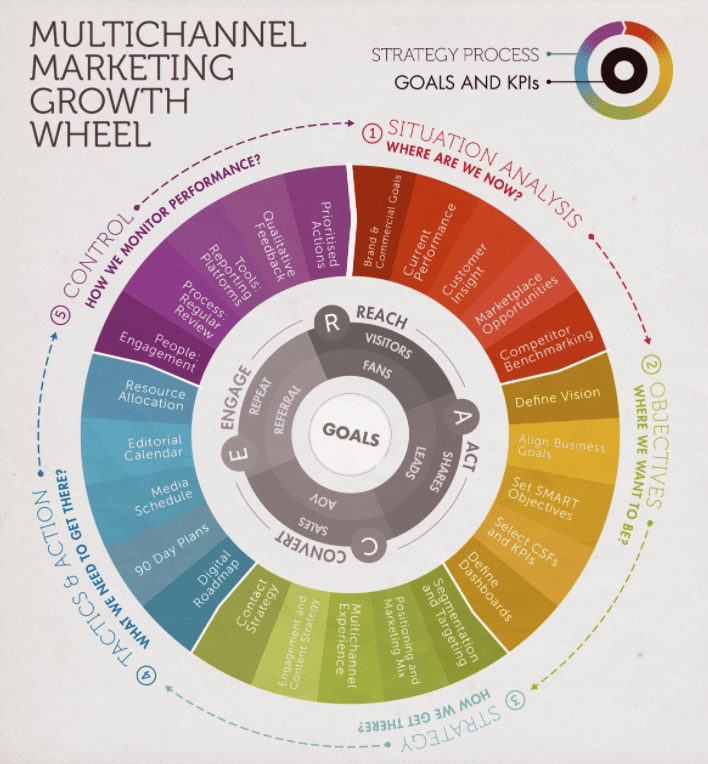…and why do you need one?
Knowing where to start, how to structure a plan, is often the most difficult part of planning, especially if you aren’t experienced in creating plans. You may already have a plan or several plans in place, and will be thinking you don’t need a multichannel marketing plan.
Depending on the type and scale of business you may have all kinds of different plans, both business wide and for individual channels where different people are responsible for each. For example:
- The business plan
- Marketing plan
- Digital Marketing plan (may or may not be integrated into the marketing plan)
- Advertising plan
- Customer acquisition plan
- Email marketing plan
- A retention plan
- A social media marketing plan
- Conversion optimisation plan
That’s a lot of plans and a lot of complexity. All these plans can overlap and even pull in different directions. That’s why we advise bringing all the individual channel plans into one multichannel marketing plan, rather than having a disparate set of plans.
What is a multichannel marketing plan?
A multichannel marketing plan is a marketing communications plan. It focuses on selecting the inbound marketing techniques, content types and channels which will drive customer acquisition for defined product categories.
When integrating multichannel offline and online activities, you need to consider all the touchpoints across the whole customer journey. These are shown in our customer lifecycle chart below, which in itself shows the need for a multichannel plan – all these activities need to be planned in where relevant.
Integration is what makes a multichannel marketing communications plan essential. It can help in different situations. For example,
- As an annual communications plan for a small to medium sized business (SME/SMB)
- As an annual communications plan for one market or audience for a larger business
- As a longer-term customer engagement plan for the longer-term focusing on one market or audience
How does a multichannel plan differ from a digital marketing plan?
You may be wondering how this differs from a Digital marketing specific plan that we often feature on Smart Insights. Well, these have an important role when a business is undergoing transformation and you’re creating a long-term roadmap of digital marketing investments and changes to resources and process.
However, digital plans have the disadvantage that they may limit integration of marketing activities. We know from our research, that integration is a major challenge marketers face. Once a business has created and implemented a digital marketing plan and digital transformation is underway, digital marketing shouldn’t be seen as something separate. Instead it should be integrated.
Creating a successful multichannel marketing plan
When creating your multichannel marketing plan, always have in your mind that a successful plan needs the following:
- Clear, realistic goals which you can be confident of hitting
- The best strategy to achieve these goals against your competition
- Sufficient details of the tactics and actions needed to translate the strategy into action
- A method to check you are on track with your plans
We recommend using The SOSTAC Planning framework to structure your plan and the RACE marketing framework to structure your implementation. Our multichannel marketing growth wheel is designed to help you do achieve this.
For more in-depth and expert guidance on creating a multichannel marketing plan, see our Create a multichannel marketing plan Quick Win, which takes you through all the stages required to create a successful plan. The interactive format and video tutorials by Dr Dave Chaffey is designed to get you set up and creating a plan in as little time as possible.


